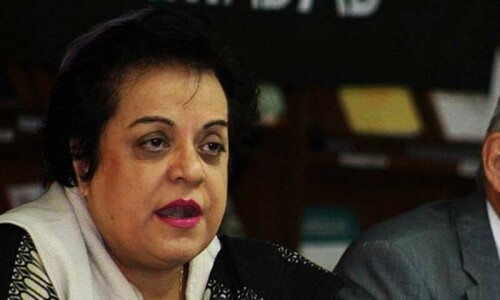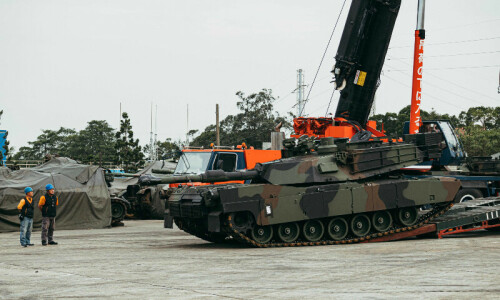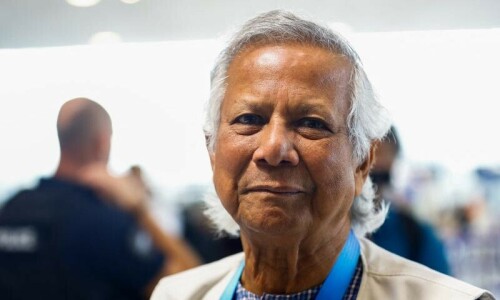TWO separate attacks in different parts of the country, in which a total of 10 troops were martyred, have once again highlighted the militant threat that Pakistan has not yet been able to vanquish. Moreover, the attacks have underscored the need for the state to deal with militant actors of different ideologies and strategies in a comprehensive manner that eliminates the threat, and pacifies the regions concerned. On Friday, four Frontier Corps personnel were martyred in Balochistan’s Kech district while in Saturday’s attack, six soldiers were martyred in the newly created North Waziristan district of KP.
No group has claimed responsibility for the Kech attack, though the area has witnessed a long-running separatist insurgency by Baloch militants. The insurgency has indeed been going through a relatively slow phase, but the recent attack — if investigations do lead to separatist groups — would clearly show that Baloch militants still pose a threat to the security and stability of the state. Commenting on the attack, the military has said that it is likely the handiwork of “inimical forces … attempting to destabilise Balochistan”. As for the incident in North Waziristan, the banned TTP has claimed responsibility for the attack which was apparently launched from across the border in Afghanistan. Where the erstwhile Fata districts are concerned, military operations have managed to bring a sense of order to the region, and the recent elections in the districts indicate the rulers’ efforts to bring the area into the national mainstream. However, it would be wrong to assume that all is well in the sensitive region, as the attack targeting troops shows that parts of the newly merged tribal districts are still vulnerable to militant violence.
Indeed, in nature the insurgencies in Balochistan and the former Fata region are very different from each other; the former is being carried out by hard-line separatist forces, while the latter is being steered by dangerous religious extremists. However, what both insurgencies have in common is that they pose a threat to national security; both are also connected to Afghanistan. Pakistan has long said that the TTP and Baloch insurgents have found refuge and support in Afghanistan. The latest attacks only strengthen this perception. The state must take up these issues with Kabul and Washington — which pretty much runs Afghanistan’s security infrastructure — and firmly assert that any support for anti-Pakistan actors is unacceptable. Moreover, if the US wants Pakistan’s help in bringing the Afghan Taliban to the table to end the war in Afghanistan, it must assure Pakistan that its western neighbour will not be used to harbour militants and terrorists working to destabilise this country. Internally, security must be strengthened to neutralise the threat, while the underlying issues that have helped propel insurgencies in Balochistan and the former Fata belt should be addressed with sagacity and a sense of justice.
Published in Dawn, July 29th, 2019











































